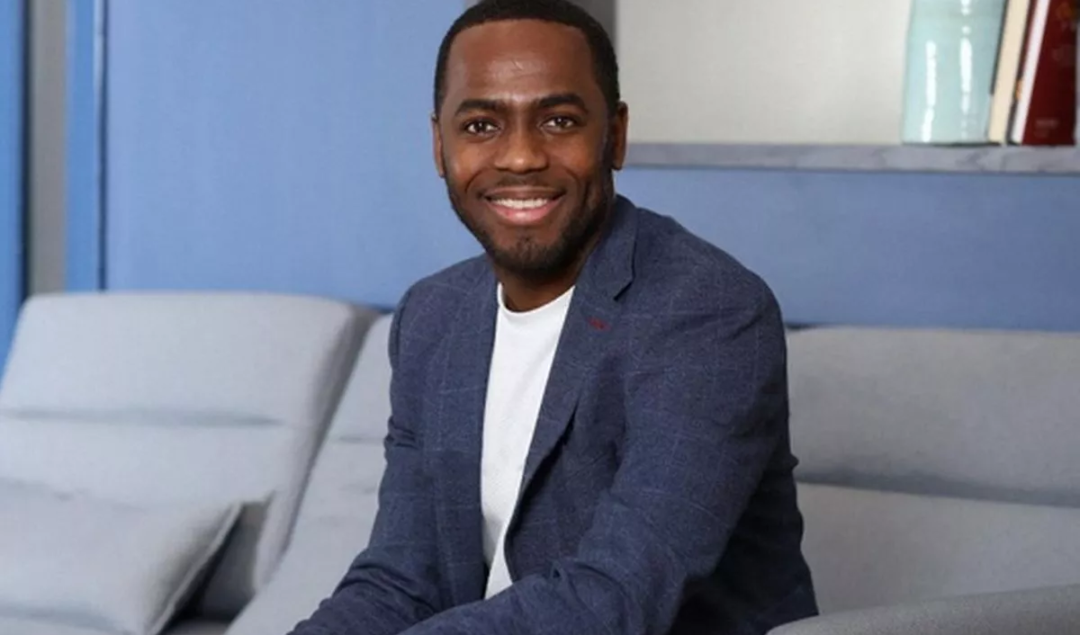Kredete, a Nigerian fintech platform, has raised $2.25 million in seed funding, enhancing its ability to serve African immigrants in the U.S. The funding round, led by Blockchain Founders Fund (BFF), also included investors like Techstars, Tezos Foundation, Polymorphic Capital, among others. Kredete’s mission is to help African immigrants build credit while simplifying remittances, transforming how they send money home. Addressing Financial Barriers for African Immigrants Kredete’s innovative approach has attracted a user base of over 300,000 and processed transactions exceeding $100 million. The platform allows immigrants to send money
WealthMore, the fintech startup founded by Mical Jeanlys-White, has secured over $1 million in pre-seed funding according to Forbes. The company aims to make financial advice more accessible and affordable, particularly for individuals who have been historically underserved by traditional wealth management firms. Bridging the Wealth Gap with Hybrid Financial Solutions Wealthmore is a premium wealth advisor-ed, tech-enabled investing and planning service and community, launched in August 2023. The company’s approach to wealth management combines the efficiency of fintech with the personal touch of traditional financial advisors. This hybrid model
Kenyan HR tech startup, Workpay, has successfully raised $5 million in a Series A funding round, spearheaded by Norrsken22. This new investment will bolster Workpay’s expansion across Africa, enhance its AI-driven performance management tools, and stabilize its financial services, TechCrunch first reported. The funding follows a $2.7 million pre-Series A round in 2023. Strategic Funding to Accelerate Growth Founded in 2019 by Paul Kimani and Jackson Kungu, Workpay has quickly positioned itself as a leading workforce management platform in Africa. The cloud-based solution offers a suite of HR services, including
Waza, a Y Combinator-backed fintech startup, has officially launched from stealth mode, securing $8 million in seed funding to transform how African businesses manage cross-border trade. The funding round was led by major investors including Byld Ventures, Norrsken Africa, and Timon Capital, with the aim of empowering enterprises across the continent to navigate global markets more effectively. Solving Africa’s Trade Imbalance The African continent faces a significant trade imbalance, driven by a persistent demand for the dollar—a currency essential for international trade. This demand often surpasses supply, resulting in higher costs
South Africa-based startup accelerator Founders Factory Africa has officially rebranded as 54 Collective, marking its transition to a venture capital (VC) firm. $150 Million To Support African Startups The rebranding comes after four years of accelerating African startups, during which the organization built a reputation for creating innovation across the continent, according to Empower Africa. Now, with a $40 million fund, 54 Collective is set to invest in early-stage ventures across various sectors. “Today, we are a VC firm with a $40 million fund, and when combined with our $107
R&B artist Brent Faiyaz and his business partner Ty Baisden have invested more than $100,000 in Black women-led STEM companies, according to Billboard. Investing Music Profits Into Black Women-Led Businesses Under their Lost Kids label, Faiyaz and Baisden operate a 50/50 business partnership that reinvests profits from Faiyaz’s music career into various ventures. Their primary focus is on Black women-led businesses, particularly in the STEM fields. “Those projects and his tours are the financial seeds for Brent and me to go out and make individual investments,” said Baisden. The duo’s
Myavana, a pioneering Black-led haircare technology company, has successfully raised $5.9 million in a recent funding round, bringing its valuation to $50 million, according to Forbes. The Atlanta-based startup uses AI to offer personalized haircare solutions, focusing primarily on the needs of Black women. Pioneering AI in Haircare Myavana is the brainchild of computer scientist Candace Mitchell. Mitchell founded the company in 2012 with the aim of revolutionizing personal and professional textured hair care through data-driven science and technology. With a deep understanding of the unique hair challenges of women
African Infrastructure Investment Managers (AIIM) has successfully closed its fourth pan-African infrastructure fund, African Infrastructure Investment Fund 4 (AIIF4). The fund reached its hard cap with $748 million in commitments and an additional $206 million in co-investments, totaling $954 million. “Given the challenging global fundraising environment, we are delighted to have outperformed the targeted fund size,” said Paul Frankish, AIIM’s Head of Strategic Initiatives according to Shoppe Black. “We received strong support from our existing investor base with a high level of re-ups from the supporters of our previous mandates
Intron Health, a clinical speech-recognition startup, recently raised $1.6 million in a pre-seed round led by Microtraction, with participation from several other venture firms. Founded by Tobi Olatunji, the company aims to bridge the gap in speech-recognition tools for speakers of minority languages, those with thick accents, or speech disorders. Bridging the Speech Recognition Gap Voice recognition technology is increasingly integrated into modern living, yet it often fails to serve those with thick accents or speech disorders. Olatunji, founder and CEO of Intron Health, is addressing this issue as he
London-based fintech startup Jarvis has secured £1.8 million ($2.3 million) in funding to transform retirement planning. The funding round was led by Ascension VC and Cornerstone VC, with additional participation from Tokio Marine Future Fund. This capital injection will support Jarvis’s growth and product development as it integrates with the broader ecosystem of pension-related services. Addressing The Retirement Planning Gap In today’s workforce, financial autonomy is on the rise, with the global shift towards self-employment and gig economy work has made traditional workplace benefits like pensions increasingly inaccessible. Projections indicate













